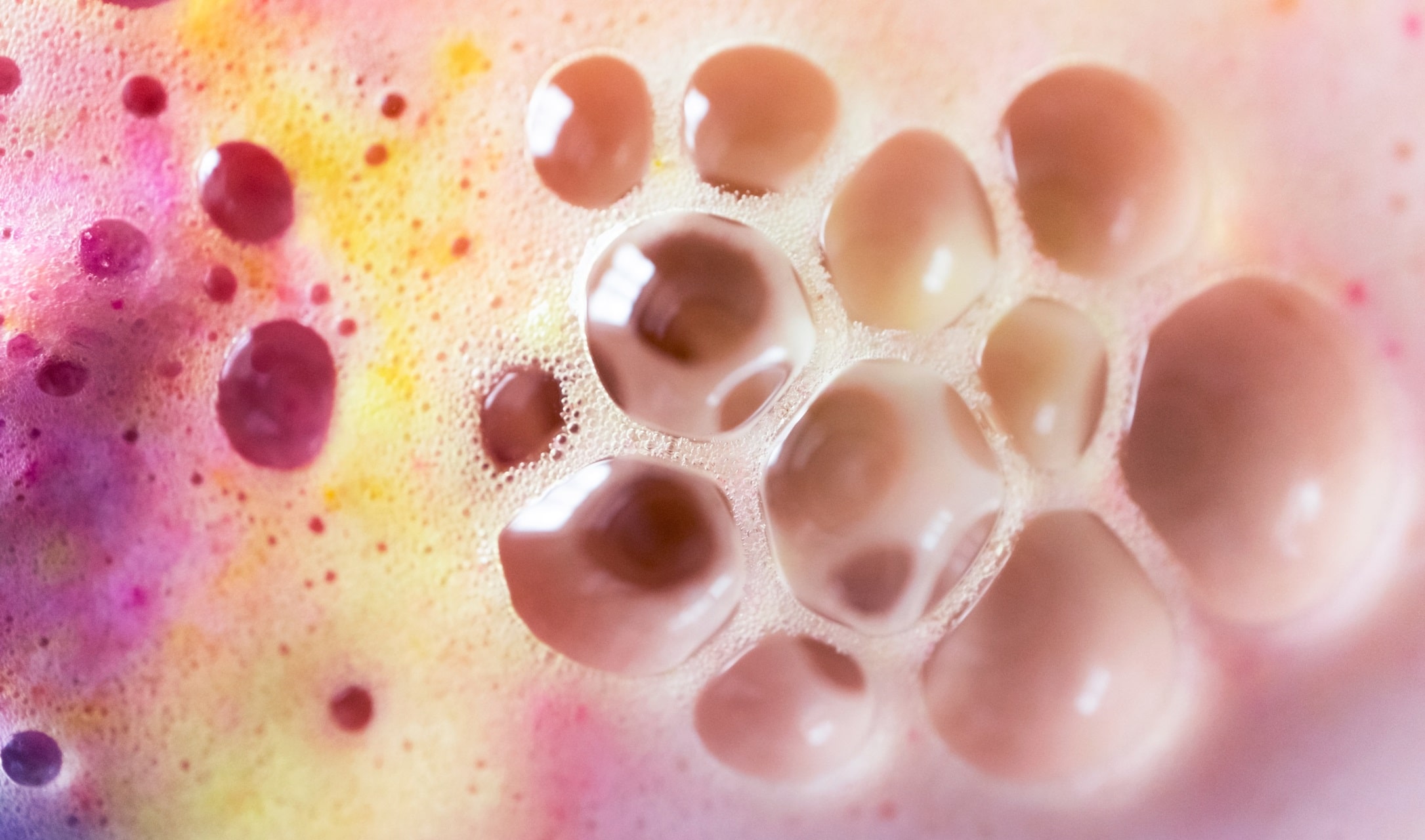Vaginal yeast is a type of infection caused by fungal cells, specifically candida albicans. It affects many women. It can cause itching, discharge and irritation of the vulva.
The problem usually goes away with a simple medication or herbal treatment. However, in some cases, this problem recurs frequently and negatively affects the person's life. In recurrent cases, resistance to medication may develop and this infection may become chronic.
What are the symptoms of vaginal yeast?
Most women experience vaginal yeast infection at least once in their lives. Vaginal yeast symptoms are generally as follows:
- Burning in the vaginal area,
- Itching around and in the vagina,
- A thick white vaginal discharge that is different from normal,
- Frequent urination and burning sensation when urinating,
- Pain, swelling, redness or rash in the vagina,
- Pain during sexual intercourse.

What causes vaginal yeast?
The most common cause of vaginal yeast is a yeast cell called candida albicans. Nine out of 10 women with vaginal yeast infections have this yeast cell. Under normal conditions, this yeast cell is present in the vaginal flora. It lives smoothly in a balance with other bacteria.
For some reasons, this balance is disturbed and leads to an overgrowth of yeast cells that are silent and do not cause any complaints. The balance is disturbed and the patient begins to show symptoms of a yeast infection.
- Stress
- Pregnancy
- Diseases affecting the immune system,
- Antibiotic use,
- Some birth control pills,
- Wrong hygiene rules,
- Improper genital hygiene
- Use of soaps that disrupt the flora called intimate fluids,
- Use of tight nylon underwear
- Staying in a wet bathing suit after the pool and sea
- It can cause candida fungal cells to increase.

What can be done to prevent vaginal yeast?
To prevent vaginal yeast infection;
- Stress control, peaceful life,
- Avoid antibiotics as much as possible,
- Healthy eating and sport,
- Compliance with hygiene rules,
- Not using intimate genital cleansers,
- No vaginal douching, genital cleansing with normal water from the outside from front to back,
- Use of cotton underwear
- Do not stay in a wet swimsuit for a long time,
- Since shared toilets, hair removal centers, saunas can be a source of infection, it is of great importance to show maximum care in the use of these areas.
You may be interested: Women's healt and prenatal counseling in Turkey









